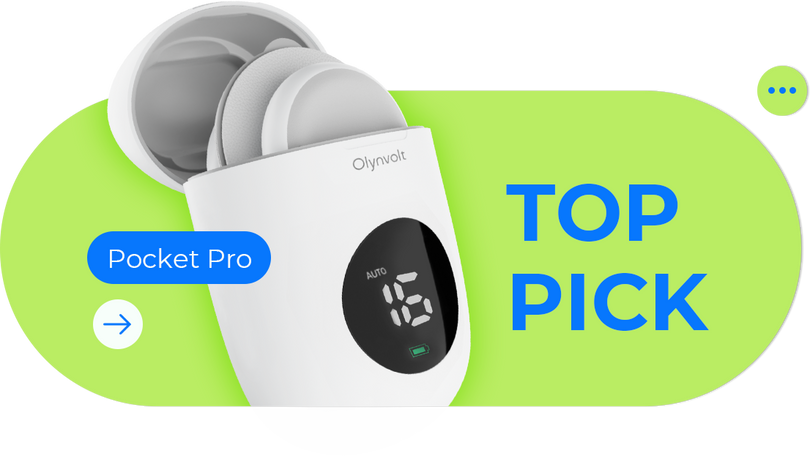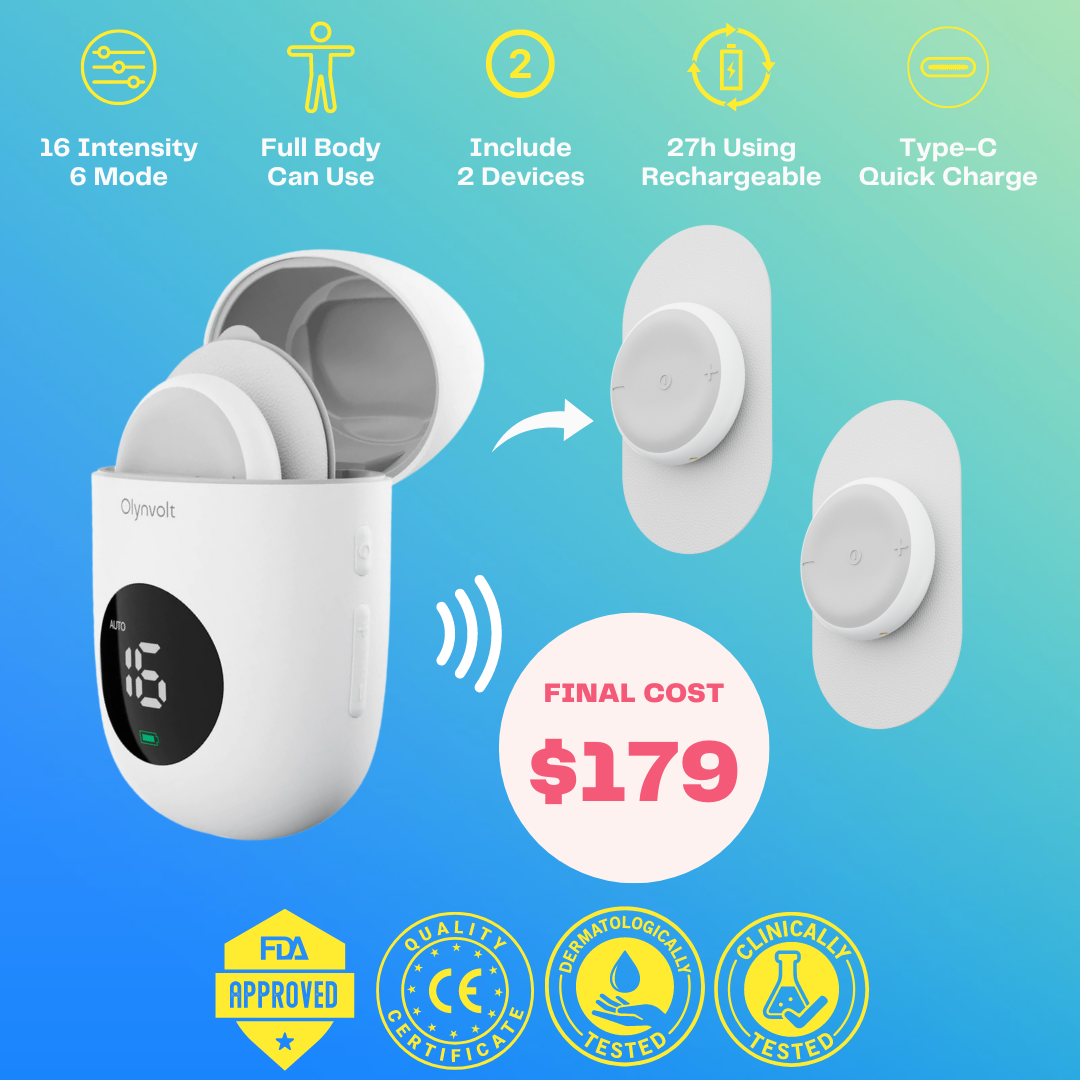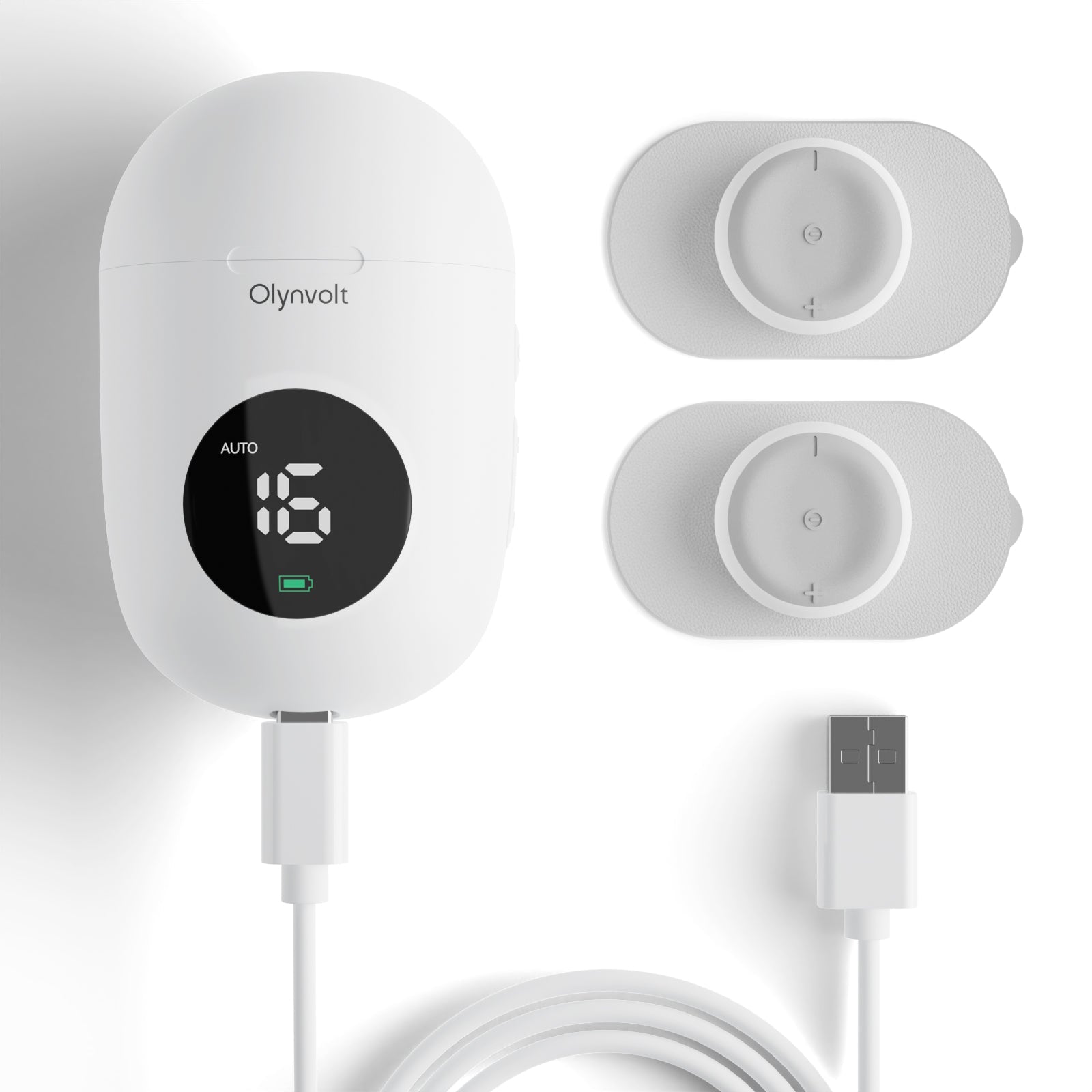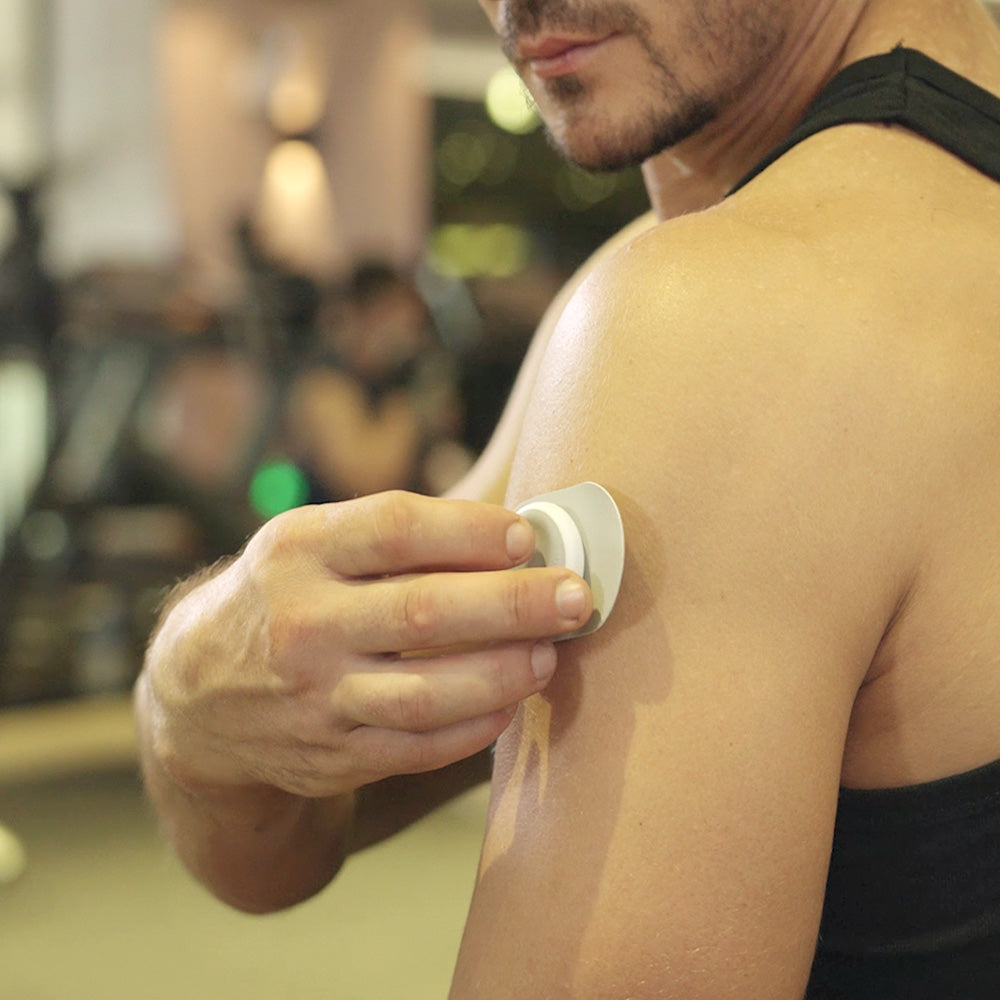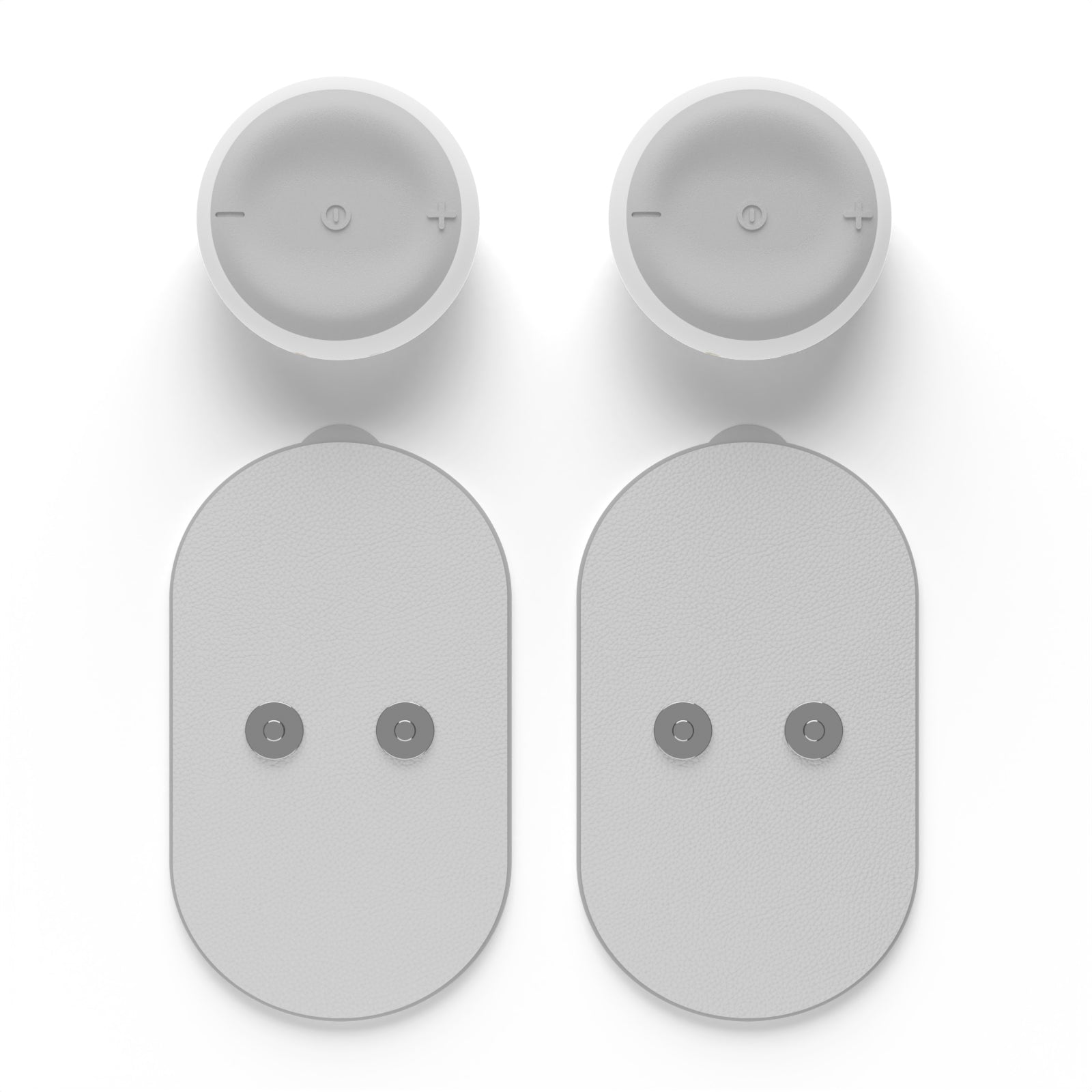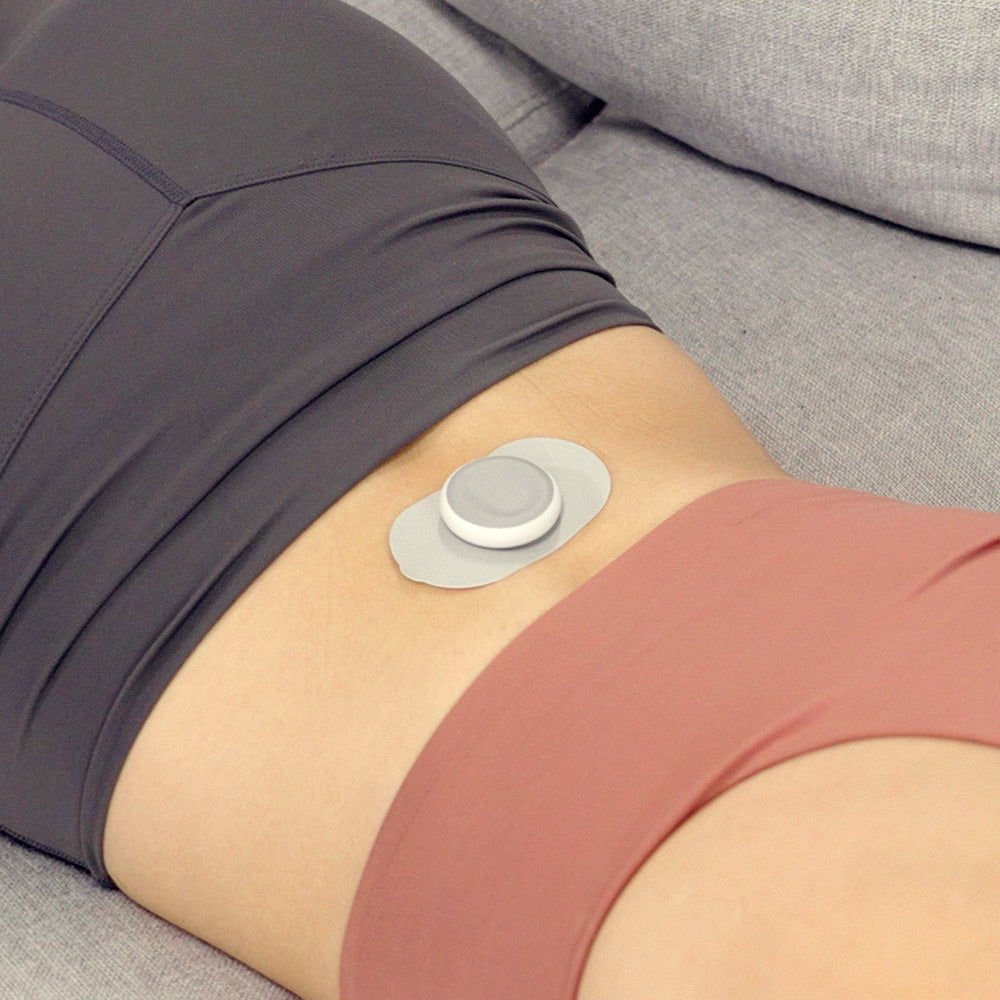Transcutaneous electrical nerve stimulation (TENS) units have gained prominence as a non-pharmacological approach to pain management, backed by a growing body of scientific research. Delving into the scientific basis of TENS unit indications unveils the mechanisms underlying its efficacy across various pain conditions.
Neurophysiological Effects:
TENS therapy operates on the principle of neurostimulation, modulating pain perception through intricate neurophysiological mechanisms:
-
Gate Control Theory: According to the gate control theory of pain, TENS units stimulate large-diameter sensory nerves, effectively closing the "pain gate" in the spinal cord. This inhibits the transmission of nociceptive signals to the brain, reducing the perception of pain.
-
Endogenous Opioid System Activation: TENS therapy triggers the release of endogenous opioids, such as endorphins and enkephalins, which act as natural pain relievers. These endogenous substances bind to opioid receptors in the central nervous system, exerting analgesic effects and enhancing pain tolerance.
-
Descending Pain Modulation: TENS units engage descending pain modulation pathways, whereby the brain exerts inhibitory control over pain transmission in the spinal cord. This top-down modulation mechanism contributes to the analgesic properties of TENS therapy and its ability to alleviate both acute and chronic pain.
Clinical Applications:
The clinical applications of TENS therapy extend across a spectrum of pain conditions, driven by robust scientific evidence:
-
Chronic Pain Syndromes: Clinical trials have demonstrated the efficacy of TENS therapy in managing chronic pain syndromes, including neuropathic pain, fibromyalgia, and osteoarthritis. By targeting peripheral nerves and central pain pathways, TENS units offer sustained pain relief and functional improvement.
-
Acute Pain Management: TENS units are valuable adjuncts to acute pain management protocols, particularly in postoperative settings. Studies have shown that TENS therapy reduces opioid consumption, minimizes postoperative pain intensity, and accelerates recovery following surgical procedures.
-
Rehabilitation and Musculoskeletal Disorders: TENS therapy plays a pivotal role in rehabilitation programs for musculoskeletal disorders and injuries. By promoting muscle relaxation, increasing local blood flow, and enhancing tissue healing, TENS units facilitate the rehabilitation process and improve functional outcomes.
Future Directions:
As research into TENS therapy advances, emerging trends and future directions underscore its evolving role in pain management:
-
Personalized Treatment Approaches: Tailoring TENS therapy to individual patient characteristics, such as pain phenotype, sensory profile, and treatment response, holds promise for optimizing clinical outcomes and maximizing patient satisfaction.
-
Technological Innovations: Advances in TENS unit technology, including wireless connectivity, smartphone integration, and wearable devices, are expanding the accessibility and usability of TENS therapy, empowering patients to manage their pain more effectively.
-
Combination Therapies: The integration of TENS therapy with complementary modalities, such as physical therapy, cognitive-behavioral interventions, and pharmacological agents, offers synergistic benefits and comprehensive pain management strategies for multidimensional pain syndromes.
Conclusion:
In summary, the scientific underpinnings of TENS unit indications underscore its role as a clinically effective and physiologically sound modality for pain management. By harnessing neurostimulation principles and leveraging clinical evidence, TENS therapy continues to shape the landscape of pain management, offering hope and relief to individuals grappling with pain-related challenges.
Disclaimer: The scientific insights presented in this discourse are intended for informational purposes only and do not constitute medical advice. Patients are advised to consult with qualified healthcare professionals for personalized evaluation and treatment recommendations.

